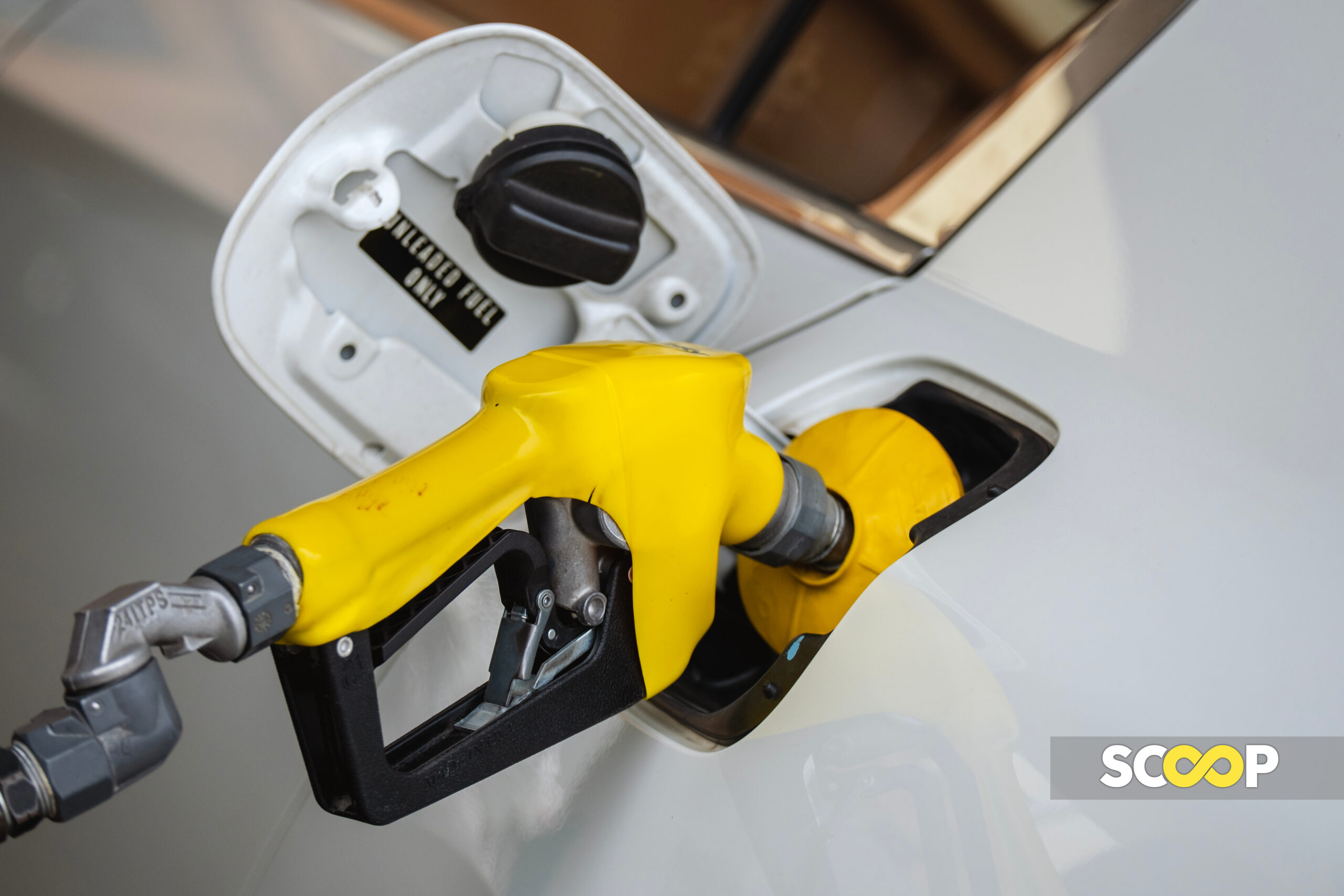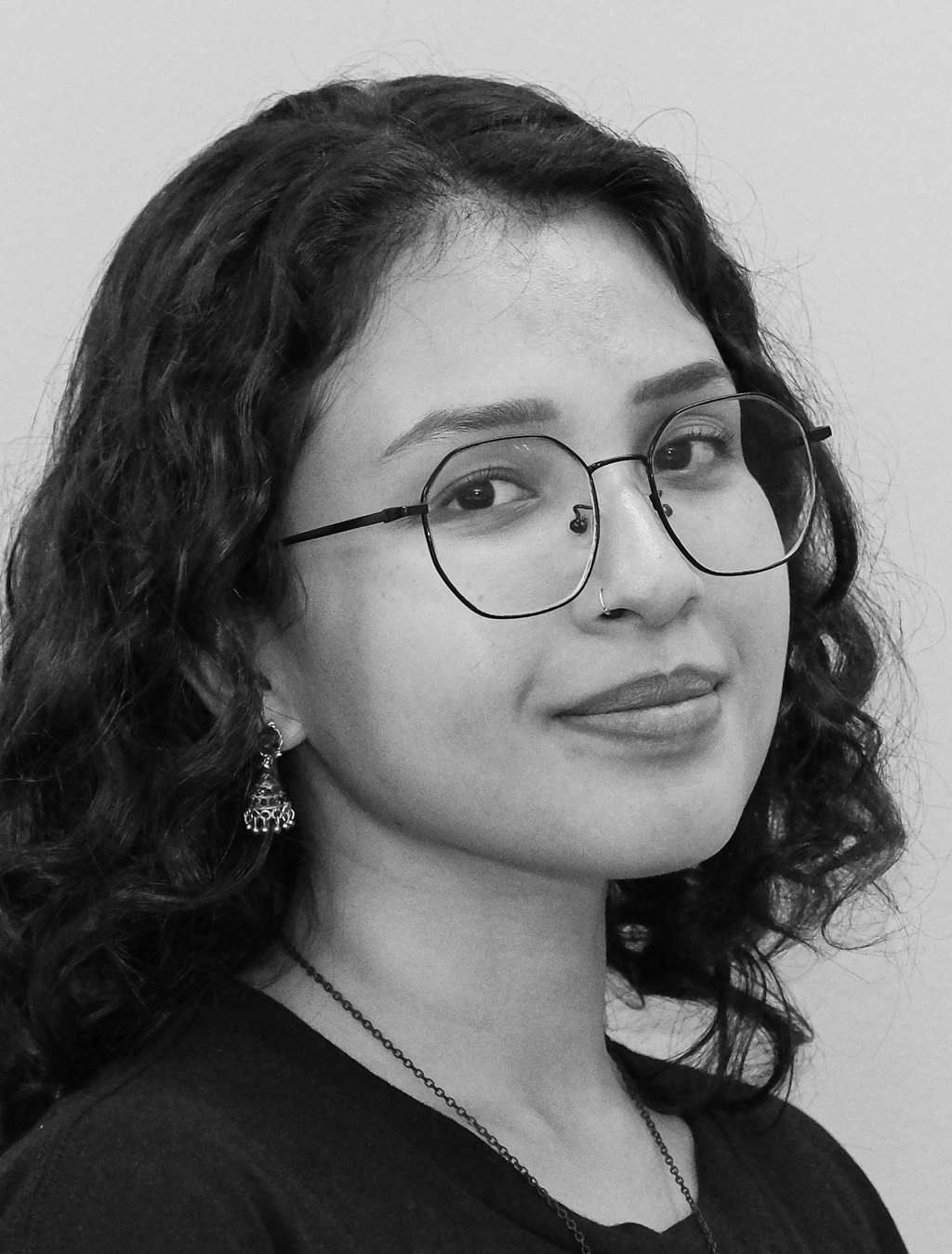KUALA LUMPUR – Questions abound over how Putrajaya will execute the mammoth task of disbursing targeted subsidies for RON95 petrol, scheduled for the middle of next year as announced by the government in Budget 2025.
While details are scant, various administration figures have said mechanisms are being reviewed and fine-tuned for implementation to ensure 85% of the population will continue to buy fuel at subsidised prices, while omitting ultra-rich and foreigners.
Scoop asked a few economists on which they think is the most efficient way to disburse targeted subsidies for RON95.
Vouchers
Geoffrey Williams, founder and Director of Williams Business Consultancy Sdn Bhd, advised against utilisingvouchersor coupons, cautioning that they can be traded and likely lead to a black market in the sale of subsidies.
This method would also be difficult to monitor and control due to the large number of consumers who opt for the fuel, which is the leading choice for Malaysians due to its accessibility and affordability, he added.
Cash handouts
Prof Niaz Asadullah, associate fellow of Universiti Malaya’s (UM) Social Wellbeing Research Centre, said cash handouts have proven to be more effective than vouchers or coupons, in terms of targeting recipients and minimising administrative complexities.
Niaz, who is also Southeast Asia lead for the Global Labor Organisation, added that the government can further leverage digital platforms to streamline subsidy disbursements and reduce opportunities for fraud or misappropriation.
Putra Business School associate professor Ahmed Razman Abdul Latiff also suggested the use of digital or e-platforms, such as e-wallets, to receive cash transfers.
This is since cash transfers to individuals’ e-wallets under previous initiatives by the government have been tested previously.
However, Williams is of the view that while cash handoutsare useful for general welfare support, “you cannot provide them specifically for petrol purchases for millions of people.”
MyKad
Ahmed Rahman said a combination of e-wallets and MyKad could be used to develop a mechanism for delivery of targeted subsidies.
The use of MyKad, he added, is also convenient due to the possibility that some rural individuals might not have smartphones or lack Internet connectivity in their residential areas.
The MyKad method was mentioned by Transport Minister Anthony Loke who said it could be used as verification and to differentiate between citizens and foreigners, whereby Malaysians would produce their MyKad at the petrol pump and pay a subsidised rate for locals.
Tiered pricing system
Williams is in favour of a tiered pricing system as the most suitable mechanism to implement targeted petrol subsidies. This would be similar to the one utilised for electricity subsidies.
He said vehicle owners who buy small volumes of petrol would be eligible for higher subsidy rates while those who purchase more fuel will have to shoulder more costs with less subsidies.
The method proposed by Williams echoes Economy Minister Rafizi Ramli’s remarks yesterday that targeted petrol subsidies would involve a two-tier pricing system where only the top 15% income group who are not eligible for subsidies will pay the market price at petrol stations.
The minister also said that the mechanism for the remaining 30 million people not part of the highest income group is being fine-tuned and discussed, adding that the definition of income classifications will also be amended to ensure greater fairness.
Make it gradual, use data
UM’s Niaz, meanwhile, backed suggestions for a gradual rollout of the targeted subsidy whereby fuel prices for higher income groups are increased in phases to allow the public time to adjust.
This approach can also mitigate inflationary pressures on essential goods and services that rely on transportation, he added.
Ahmed Rahman added that the the criteria for securing petrol subsidies once it is rationalised should be based on data submitted into the Central Database Hub (Padu).
Even with all the data required, the big task of ensuring smooth disbursal of the targeted subsidy remains.
Lessons from the rationalisation of the diesel subsidy should be learnt, where even after fleet cards were introduced for eligible public transport and logistics vehicles, the use of cash cards had to be employed as there were diesel subsidy applicants who received their fleet cards late. – October 21, 2024


